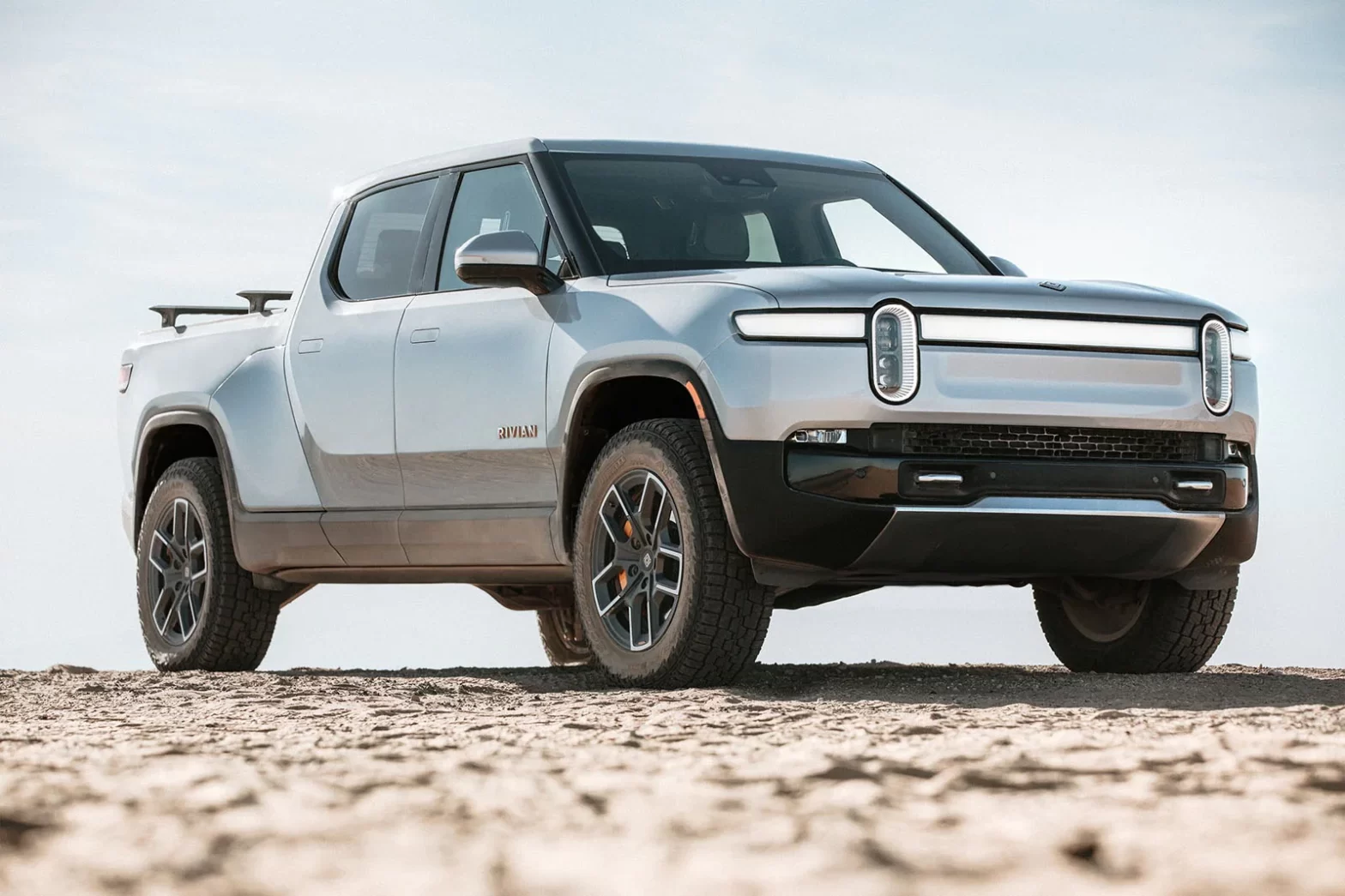
Electric Trucks Are the Wave of the Future
There are currently a number of different models of electric trucks on the market, and they range in price from around $10,000 to several million. The majority of electric trucks are currently under development and could change in price over time. The Nikola Badger was supposed to hit the market by the end of 2020, but was canceled after the company was charged with fraud by the SEC. The next electric truck that is expected to hit the market is Lordstown’s Endurance, which is due to launch in the third quarter of this year.
Heavy-duty electric trucks typically use batteries with a total energy capacity of 90 kWh. The batteries are extremely lightweight and weigh less than a ton. The trucks also have fewer moving parts, making them easier to maintain. Unlike gasoline-powered trucks, they do not have to worry about oil spills, tire blowouts, or other costly maintenance costs. Instead, battery-powered trucks are made to last and are equipped with a battery management system to keep them safe from the elements.
While there is a need for specialized EV mechanics, electrified trucks are already generating headlines. Companies should consider hiring trained technicians who have experience in electric trucks, and who have a broad understanding of new electronic software systems. One retail company suggested building a nationwide network of third-party EV maintenance companies. This could prove to be a wise investment. While EVs are not yet the norm, their future is bright.
Daimler’s Mercedes-Benz brand unveiled a new electric model this year. The eActros LongHaul builds on the current short-range eActros truck, but promises a range of 310 miles. Daimler expects it to be ready for production by 2024. Daimler also announced plans for a full-scale electric-fuel cell truck called the Mercedes-Benz GenH2.
A full transition of 5.2 million trucks to electric power will save up to 100 million metric tons of carbon a year. The trucking industry produces approximately 450 million metric tons of carbon each year, so a switch to electric vehicles could help reduce those emissions by up to 50 percent. If all trucking companies shifted to electric power, that would require significant investments from utilities. There is no doubt that the battery-powered trucks will be the next wave of trucks in the trucking industry.
Electric trucks also contribute to a cleaner environment by generating no pollution or fumes. They can operate in areas where traditional vehicles are prohibited, and are quieter. Electric trucks also have advantages over conventional trucks in enclosed areas, such as a college campus or tourist destination. And, they can return home for charging when they are not required to make a delivery. Further, their efficiency and quietness make them ideal for this type of transport. A full electric truck can make more trips per shift in a single shift than a traditional truck.
Despite its lack of production, electric trucks are already competitive in the total cost of ownership, including fuel, maintenance, and repair costs. The payback time is only three to five years, and electric trucks are getting cheaper as battery prices fall and economies of scale improve. By 2030, the majority of electric trucks will have lifecycle cost parity with their fossil fuel counterparts. If it doesn’t, electric trucks will be the only vehicles available in the market.


